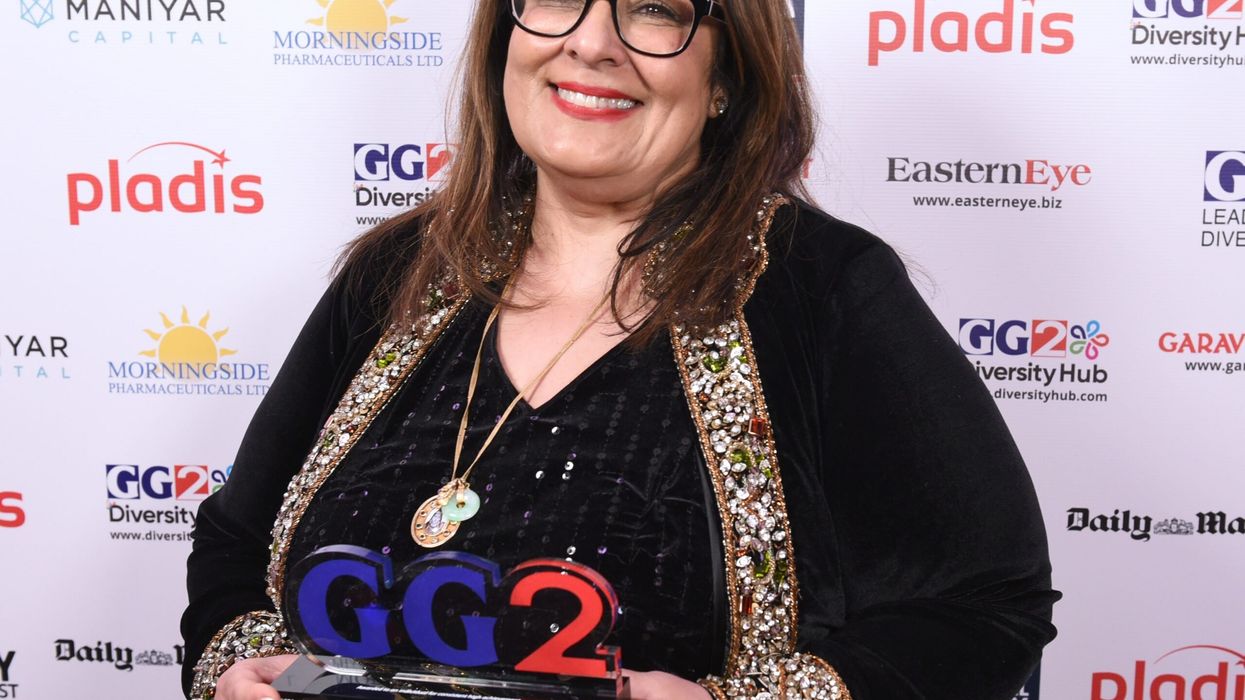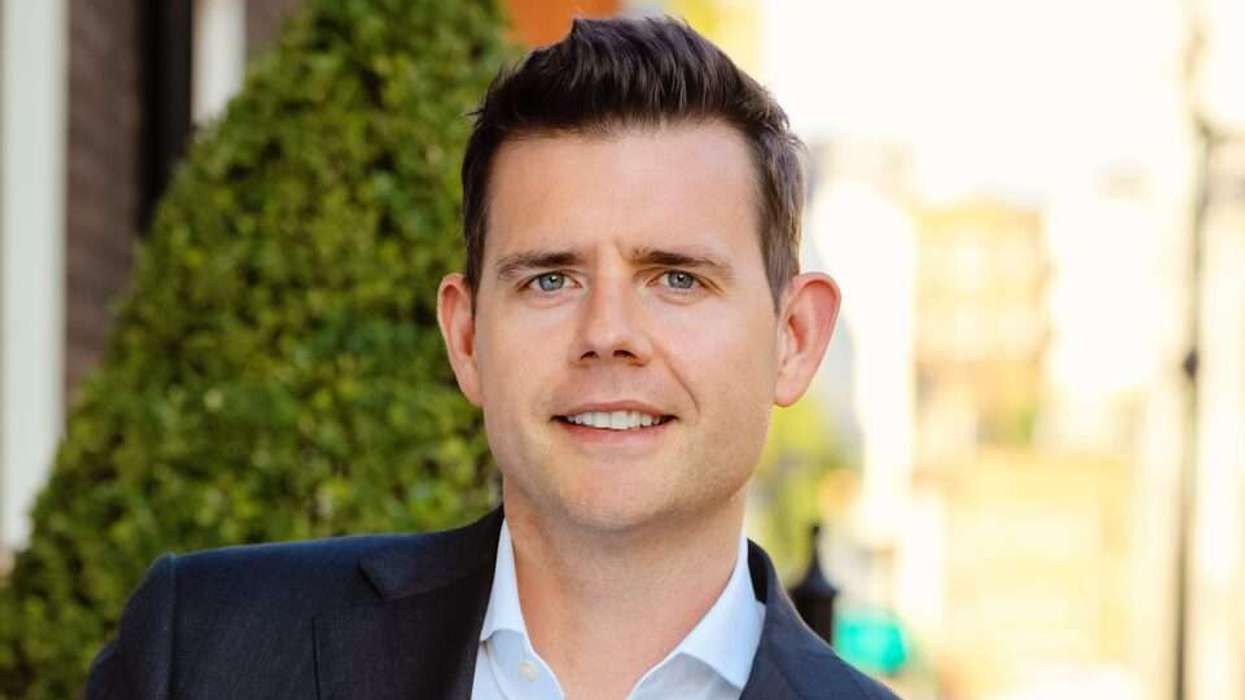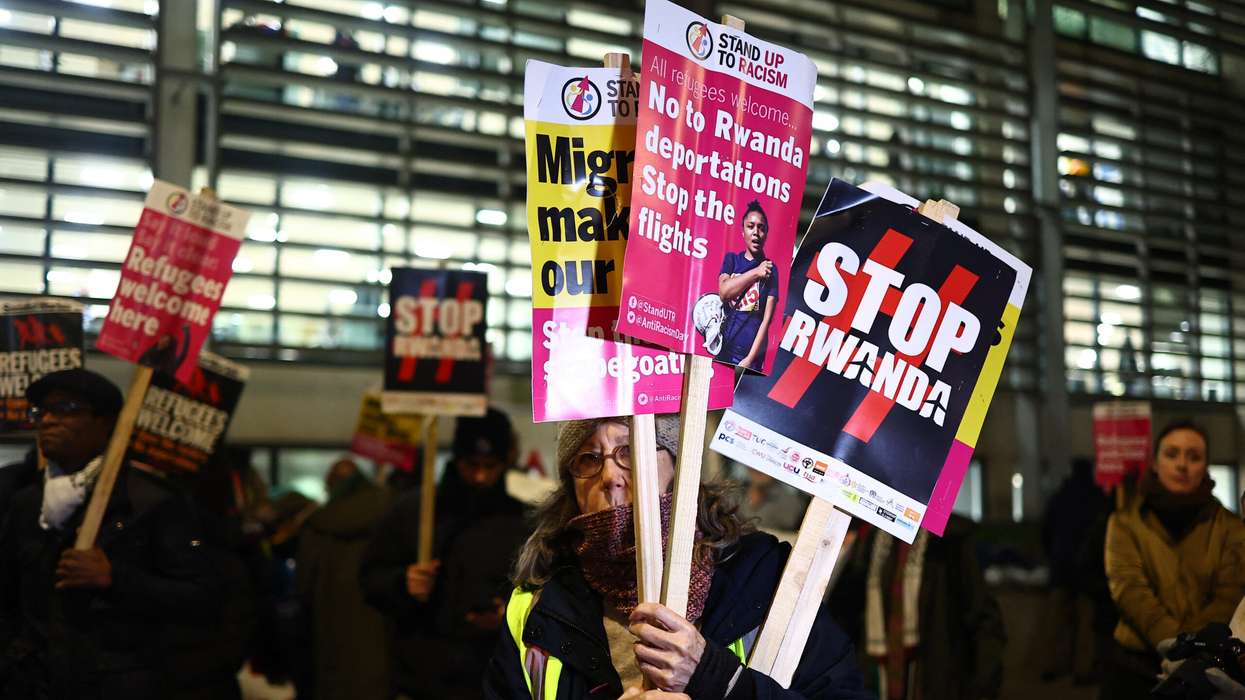AN Asian circuit judge in England and Wales has said that a global support network designed to provide a secure and private platform for judges worldwide will be launched soon.
Judge Kaly Kaul KC revealed that the new network aims to enable judges to discuss concerns, share support, and ensure each other's wellbeing globally.
Speaking at the London Criminal Courts Solicitors’ Association annual meeting this week, she has urged to help each other as the global judiciary is facing growing concerns regarding mental health and professional challenges.
She had previously taken legal action against senior judges and court officials due to mishandling of her grievances, an experience that highlighted the need for a more robust support system for judges in demanding roles.
The judiciary of England and Wales issued a 'statement of expected behaviour' last year following research commissioned by the lord chief justice that highlighted instances of reported bullying, harassment, and discrimination. A survey by the UN Office on Drugs and Crime’s Global Judicial Integrity Network confirmed that these issues extend beyond the UK, affecting judicial systems worldwide.
The steering committee for this support network includes judges from a diverse range of countries, including Tonga, the US, Uganda, Bangladesh, Nauru, Sri Lanka, and England and Wales.
She said, “The main issues facing judges across the globe are remarkably similar, and judges need a safe space to raise concerns.”
One of the network’s primary initiatives is to compile a directory of mental health professionals—including psychiatrists, psychologists, psychotherapists, and counsellors—whom judges can approach for support.
Confidentiality is a core principle, with ‘triage judges’ designated to connect individuals with the right assistance while maintaining complete discretion.
Kaul explains, “So, if Judge X has a problem, they could be put in touch with Judge K in Uganda for mentoring, and a senior psychologist in Trinidad, Australia, or the UK for psychological support. No one need to know, except the triage judges.”
The network also intends to produce annual reports, identifying positive practices and ongoing challenges in judicial wellbeing.
"We hope this will support the UN Declarations, the Bangalore and Nauru principles, and result in a stronger, healthier, fairer and safer judiciary internationally, in the knowledge that the eyes of other jurisdictions are open and watching," she was quoted as saying.
The Bangalore Principles set guidelines for judges' ethical conduct, while the Nauru Declaration on Judicial Wellbeing outlines principles and commitments to support the judiciary's wellbeing and integrity. This declaration was officially adopted at the Regional Judicial Conference on Integrity and Judicial Wellbeing in July 2024.





